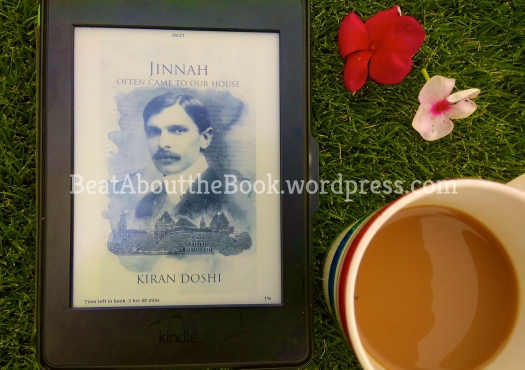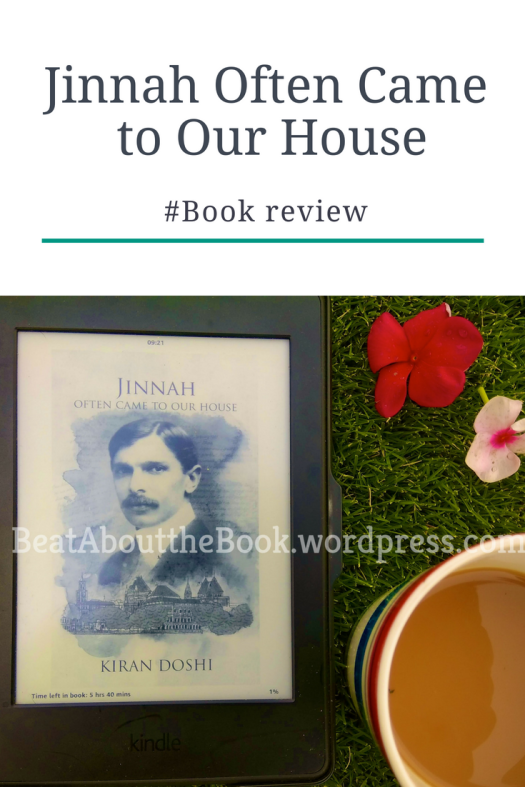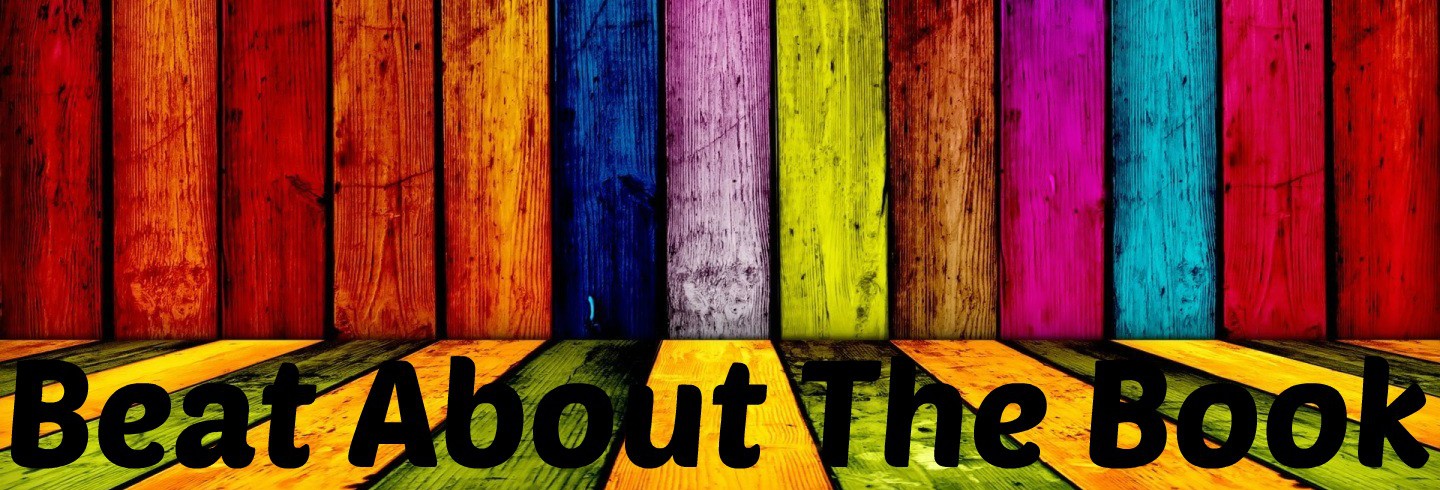
Book Title: Jinnah Often Came to Our House
Author: Kiran Doshi
The best way to learn history is to weave it into a story, a fictional tale with a dash of drama. When an author does that, and does it well, history becomes a captivating story rather than a dry collection of facts. It becomes easier to understand, to sympathise and to identify with. That’s exactly what Kiran Doshi does so very brilliantly in this book of his – Jinnah Often Came to Our House.
So he takes one of the most intriguing characters from Indian history – Jinnah, puts him in the story of Sultan and Rehana and sets it in the backdrop of the Indian struggle for Independence.
What we have then is a gripping book.
The story begins with Sultan a well-to-do upper class Kowaishi Mohammedon lawyer, or barrister, as they were called then. He is in the process of separating from his English wife. He then woos and weds Rehana, sets up his practice and goes on to make a mark in the Indian legal system. He vows to remain apolitical, to stay away from the freedom struggle, to focus on being just a lawyer. He fights cases for Hindus and Muslims alike, hence the nickname Azad.
This is also as much, perhaps more, the story of Rehana – the only surviving child of a forward thinking Muslim professor. She falls for the witty Sultan and fits into his life and his family like a long-lost piece of jigsaw. She wins over Bari phuppi, the matriarch of the family, who bestows a grant on her to set up a school for muslim girls (which she later opens up to all girls). Strongly influenced by Gandhi ji, Rehana later joins the Congress and fights for India’s freedom.
Most of all, this is the story of Jinnah, woven beautifully, inextricably with these two characters. Jinnah who is Sultan’s very famous senior and later, a friend. Jinnah, who parries and argues with Rehana in Shakespearean quotes and also nurses a soft spot for her.
The book talks about his turbulent marriage with Ruttie, the effervescent Parsi girl young enough to be his daughter (he was just three years younger than her father) and his brotherly affection for his (quite unpleasant) sister, Fatima. It talks about his journey from a pork eating, cigarette smoking liberal Muslim who believed firmly in Hindu and Muslim unity, to the man who fathered a separate nation for the Muslims.
The Review
The biggest strength of this book is its smooth gently-flowing narrative that keeps the reader turning pages.
It gives a fascinating glimpse of the Bombay of the early 20th century. It talks about upper class Muslims of that time, when men went hunting and got together at clubs to gossip; when the streets were washed by the bhishtees and the first Rolls Royce rolled out; the time when electric fans, flush toilets and hydraulic lifts were things only the very high-class could afford. It was absolutely fascinating.
While I was aware of the facts that lead up to partition I had little idea of the way the Congress spearheaded the freedom struggle, the various factions within it, the motivations of the people who joined it as also those of the few who decided to stay away. There was also the formation of the Muslim League, the way Jinnah initially distanced himself from it, decried it for trying to split the country on communal lines and then how he joined it because, as he said, better him than a conservative Muslim.
He continues to work for an Independent India till the Gandhi wave takes over the Nation, sidelining him completely. From the most respected man of the country he is suddenly lost in this wave, turning angry and bitter. It broke my heart a little bit to watch him change page by page until finally, driven largely by his ego, he decides to write a different history. And we watch as he singlehandedly forges a new country banishing India and Pakistan to eternal enmity.

The book opened me up to new perspectives.
For instance there’s Gandhi. I have come a long way from idolising him to demonising him in my early youth, to now finally accepting him as an extraordinary man who had his flaws. The book reinforces that image. I could see how frustrating it would have been to live and fight along a man like Gandhi. Many of his decisions made sense only to him, though they were right on principle they took away from the freedom struggle. For people like Bhagat Singh and Subhash Chandra Bose and perhaps even Jinnah in the beginning, the freedom struggle was supreme but for Gandhi it was his principles that were most important.
Despite all the complications, the twists and turns, Kiran Doshi manages to tell this tale simply and with plenty of humour.
Last Thought: Absolute must-read.
You can buy Jinnah Often Came to Our House by clicking on the image below.
Note: This post contains affiliate links, which means that if you buy the book on Amazon through this link, I will get a referral fee, at no additional cost to you.




I am always skeptical about reading Indian history, because I never know how to separate history from propaganda, but this sounds perfect. Thank you for this review, Tulika. I am definitely going to pick this up.
LikeLiked by 2 people
Ditto. Well-written historical fiction is the best way to read and understand history. This one has very interesting fictional characters interwoven dextrously with real ones.
LikeLiked by 1 person
Wow.. just my kind of book. I didn’t know we had such good historical fiction. Adding to my TBR.
LikeLiked by 2 people
It’s worth a read Lata even though it’s a longish book.
LikeLike
Wow.. would.love to read this.. From partition to what Mumbai was, to the story of a man we all have a negative impression about.
LikeLiked by 2 people
Yeah, that was the thing. This one made me think that perhaps he wasn’t as bad as he was made out to be. Of course he was very egoistical but he did his bit for India’s independence. It’s a pity he changed for the worse.
LikeLike
It is generally difficult to view Jinnah and others like him differently unless a few books like this one come to the readers. I didn’t know he believed firmly in Hindu and Muslim unity at first.
I too had a similar image about Gandhi. Throughout childhood and teenage years.
I realise i must read these books that detail our partition history.
This review is so detailed and interesting. Sounds like a book that matters.
LikeLike
Thanks Pratikshya. Glad you liked it. You’re right, books like this one give us a clearer idea of what it must have been like back then.
LikeLiked by 1 person
Oh I must get my hands on this one. I so get what you are saying about Gandhi. Sometimes ‘principled’ people can take such hard stands on things that lead to disasters!
LikeLiked by 1 person
Yes exactly. In fact some of his decisions actually harmed the freedom struggle. He not only wanted Independence but also wanted it his way.
LikeLike